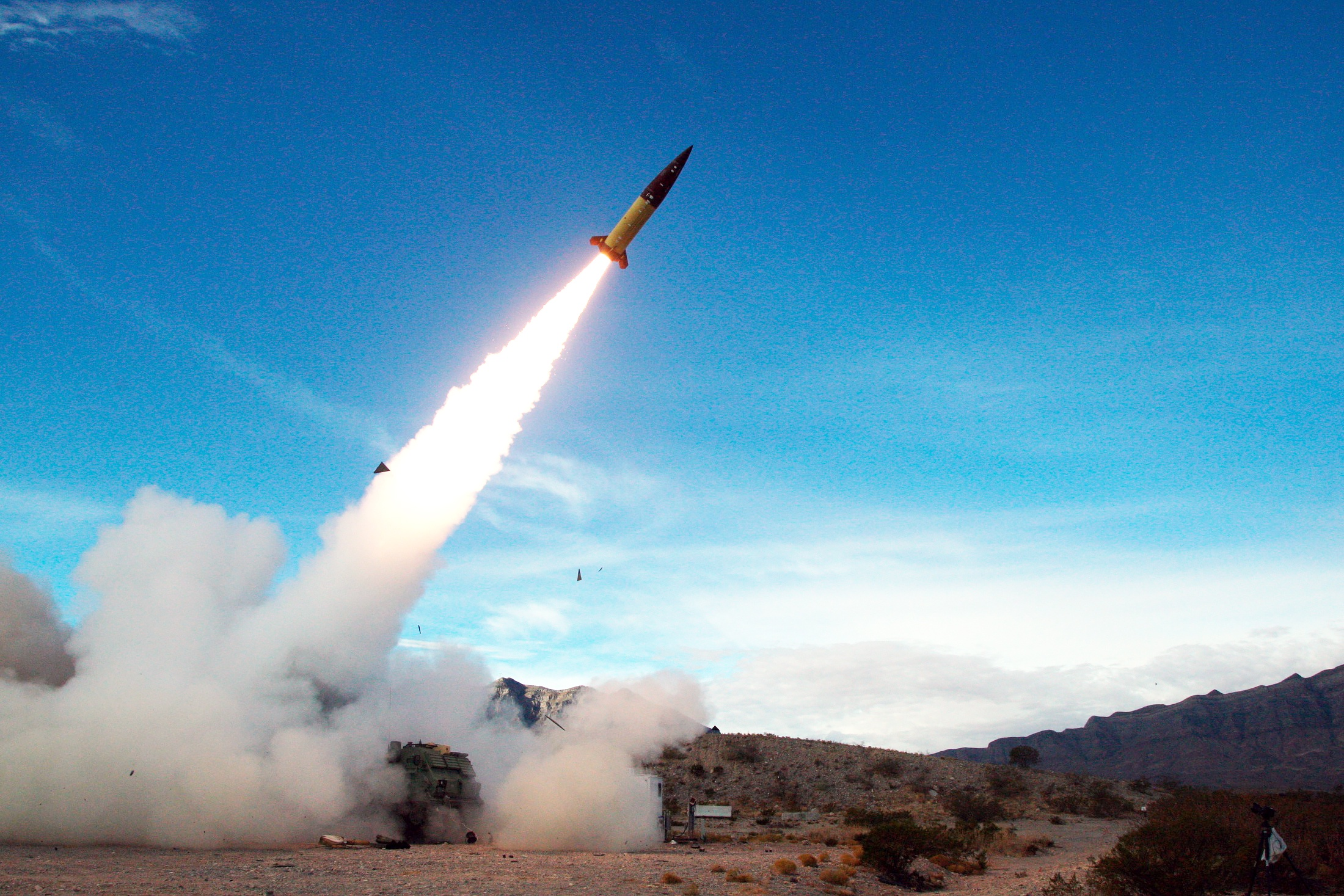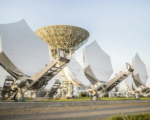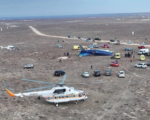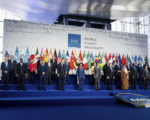Ukraine’s long-range strikes into Russia, U.S. Defense Secretary Lloyd Austin emphasized on Friday, will not be the decisive factor in turning the tide of the ongoing conflict in Ukraine, even as President Volodymyr Zelenskiy continues to urge Western nations to supply long-range missiles. Speaking at a meeting of Ukraine’s allies at Ramstein Air Base in Germany, Austin reiterated Washington’s commitment to supporting Kyiv, announcing an additional $250 million in U.S. security assistance. However, he pushed back against the idea that deep strikes within Russia using Western weapons would shift the balance of the war. Zelenskiy has long called for the lifting of restrictions that prevent Ukraine from striking targets deep inside Russia, arguing that such capabilities would pressure Moscow to seek peace. During the meeting, he received support from several Baltic nations, including Lithuania and Estonia, who echoed his call for more advanced weaponry.
Austin, however, maintained that no single capability would be decisive, explaining that Russia had already moved key aircraft beyond the range of U.S.-supplied missiles. He also pointed out that Ukraine possesses its own drone capabilities, which can reach targets within Russia. “There are many targets in Russia,” Austin said, referring to Ukraine’s use of unmanned aerial vehicles (UAVs) and other tactics to strike critical points. Meanwhile, Germany pledged an additional 12 self-propelled howitzers to Ukraine, and Canada announced it would send 80,840 surplus small air-to-surface rockets and 1,300 warheads in the months ahead.
Zelenskiy’s appearance at the Ramstein meeting comes at a critical juncture in the war, as Ukrainian forces conduct a surprise offensive in Russia’s Kursk region, while Russian troops intensify their focus on capturing Pokrovsk in eastern Ukraine, a key logistics hub. Zelenskiy insists that long-range strikes on Russian territory are essential not only for liberating occupied regions but also for compelling Russia to negotiate peace. Despite Western reluctance to allow strikes deep inside Russia, Zelenskiy has consistently challenged the notion of ‘red lines’ drawn by Russia, asserting that such boundaries do not hold in the face of ongoing aggression.
The Ramstein meeting also comes at a politically sensitive time for the United States, with the upcoming presidential election potentially affecting U.S. support for Ukraine. While Vice President Kamala Harris has pledged continued support, former President Donald Trump has expressed skepticism over the aid being funneled to Ukraine and has suggested that peace talks could involve territorial concessions by Kyiv. At the meeting, Austin cited the heavy toll the war has taken on Russia’s military, estimating that over 350,000 Russian troops have been killed or wounded and detailing the destruction of 32 Russian Navy vessels. Nonetheless, Moscow continues to unleash missile and drone attacks on Ukrainian cities, highlighting the need for additional air defense systems, a point Zelenskiy underscored during the talks.


















